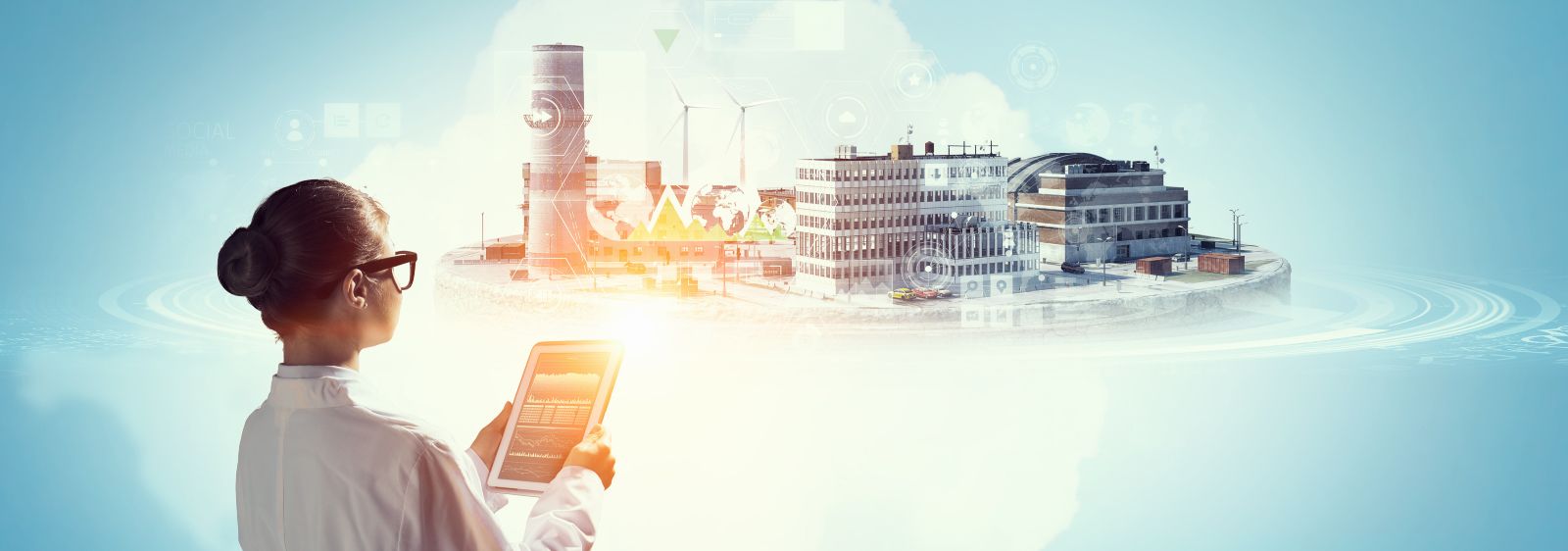
Living Labs for the Energy Transition
Ideas competition on living labs launched
With the new energy research programme, the Federal Government has established living labs for the energy transition as a new pillar of research funding. Both innovative technologies and integral energy concepts are to be tested under real market conditions and in systemic interaction in experiment rooms limited in time and space. The living labs should accelerate the transfer of technology and innovation.
The Federal Ministry of Economics and Energy (BMWi) is now inviting participants to take part in the ideas competition for the first round. Between 2019 and 2022, the ideas competition is to be supported with funding of up to 100 million euros per year. The funding for a living lab can last a maximum of five years and includes the planning and construction phase as well as a one- to three-year monitoring phase.
Energy-optimized quarters as Living Labs for the Energy Transition
Living Labs in the vicinity of energy-optimised neighbourhoods should achieve good visibility both inside and outside the city limits. They are to be integrated into municipal development planning in order to further advance the local thermal walls. Infrastructures for electricity, heating, cooling, electromobility and digital services have been implemented in quarters of the future - people can get used to or work here. Concepts in the context of "energy-optimised neighbourhoods" should relate to at least one of the following topics:
- Integration of neighbourhood storage facilities, taking into account current and necessary regulatory measures
- Integration of renewable energies and unavoidable waste heat into heat supply
- Sector-spanning flexibility potential of the neighbourhood
- Sector coupling with consideration of sustainable mobility concepts
- Low-Ex heat supply concepts
- Transformation of existing energy infrastructures
As a living lab, an energy-optimised neighbourhood should combine the complexity of networking electricity and heat supply, mobility and social processes and needs in a manageable way. Social transformation processes such as structural change, demographic change, the redevelopment of urban districts, or the introduction of sustainable mobility or energy systems can be shaped in a forward-looking way.
Living Labs for the energy transition can contribute to supporting an energy and industrial policy perspective in traditional energy regions affected by structural change. In addition to energy-optimised neighbourhoods, the Living Labs for the Energy Transition competition also includes the topics of "Sector coupling and hydrogen technologies" and energy storage in the electricity sector.
Concepts can be submitted until 29 March 2019. Further information can also be found at energieforschung.de.
Contact
Project Management Jülich
Fachbereich Energiesystem: Nutzung (ESN 3)
Stefan Krengel, Tel. 02461 61-96816,
s.krengel(at)fz-juelich.de

